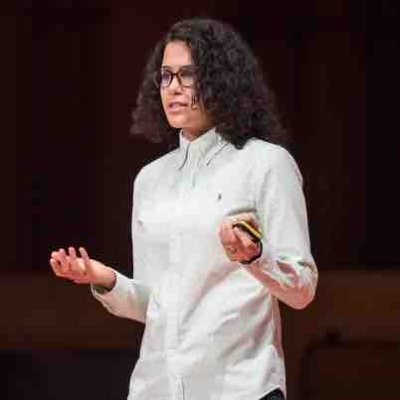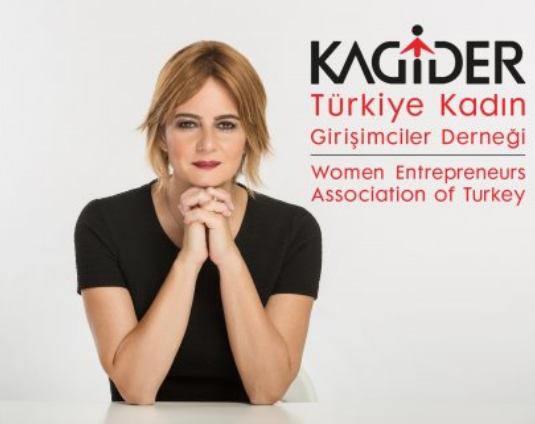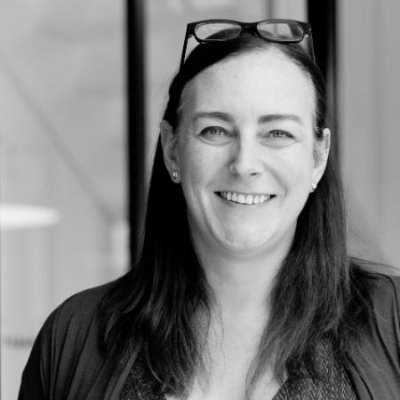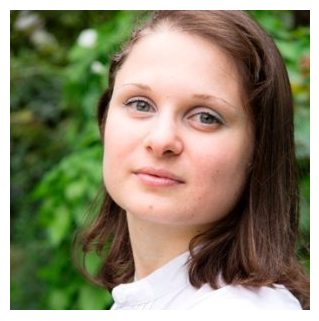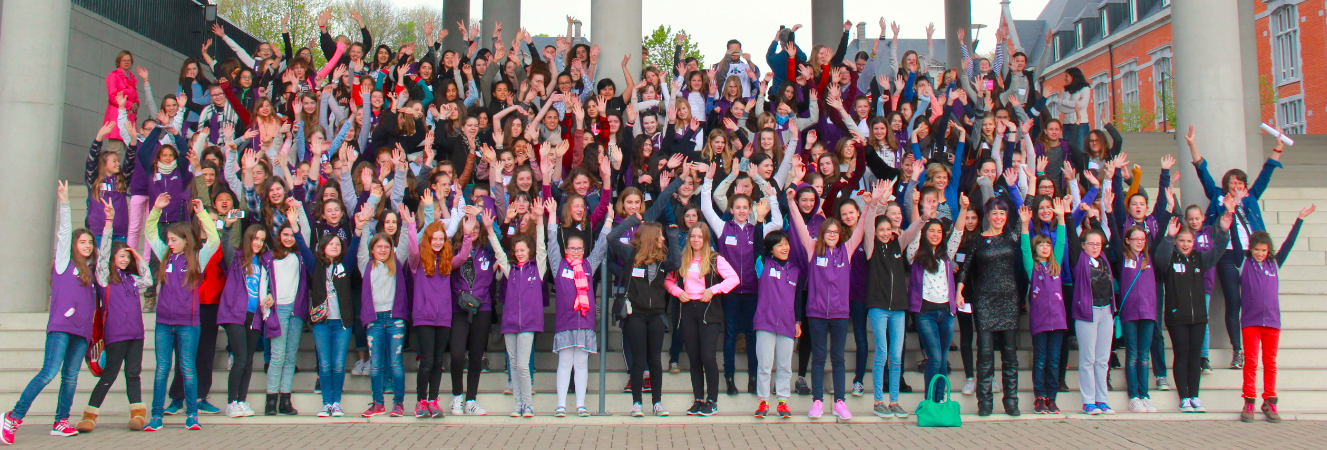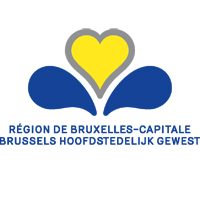The future is already here — it’s just not evenly distributed. – William Gibson
The world is becoming digitised at an unprecedented rate. The advent of the internet, mobile devices and cloud-working has put vast connectivity and computing power in the hands of individuals at the most personal level, the world over. Since 2000, subscriptions for mobile services in the world have grown ten-fold to seven billion, and today, 3.5 billion people are online, most of whom are located in developed countries (ITU).� By 2020, it it is estimated that people will be joined on the Internet by more than 50 billion objects,� only one percent of which are connected today (Cisco).� The future scope of digitisation is staggering, and the speed of its onset, and apparent inevitability, has given rise to what is called “digital disruption.” The consequences of this digital disruption—for our lives, the planet and our fellow creatures—are still largely unknown.
Digital disruption is impacting the technology sector itself, where demand for skills and the computing power to fuel the transformation is far outstripping our collective ability to keep up. Digitisation is affecting non-tech industries too,� where market leaders in sectors like financial services, energy and even government are reinventing themselves as “digital” organisations. The rate of digital transformation represented by consumer-focused cloud computing, whose generated revenue is predicted to quadruple over the next ten years to $173B,� will be further dwarfed by the coming of age of the “Industrial Internet.” Digital transformation of the world’s power and production facilities, connected across a digital landscape populated by massive amounts of data,� is heralding the fourth Industrial Revolution, and is predicted to add €422B in value to German industry alone by 2025 (BITKOM, Fraunhofer).�
While we are starting to get our heads around what digital disruption is and what it means, it is also important to understand what it is not. Not all continents—let alone countries—enjoy large bandwidth and high availability online access today,� and fifty-three percent of people in the world are not online. This situation belies a harsh reality underpinning the digital disruption: Not everyone is on board.
The Digital Divide
As digital transformation goes, Europe enjoys an unrivalled position in the world.� Twenty-five EU countries score higher than the OECD average for ICT indicators, and nine out of the ten nations with the fastest broadband in the world are located in Europe.� As ITU figures suggest, however, differences in broadband speed persist,� and a “digital divide” among regions of the world which parallels socio-economic realities, is clearly observable. In 2016, more than half of the world’s population — 3.9 billion people — remain offline, and of the nearly one billion people living in the Least Developing Countries (LDCs), 851 million do not use the Internet.�
Among regions of the world, a second, persistent phenomenon may also be observed that cuts across geographic locations and even socio-economic conditions. Around the globe, no matter where they are, women as a demographic are less likely to be online than men, and despite its apparent leadership, Europe’s women are also getting left behind.� Of the three and a half billion people online in the world, eighteen percent are men and sixteen percent are women, reflecting 200 million fewer women online overall.� In Europe, of the twenty-one countries for which the ITU collected sex-disaggregated data in 2015, men enjoy greater online access than women in eighteen countries.� In addition, the rate that women come online is slower than men, which means that the digital divide thus compounded by the gender gap risks deepening.�
Towards Inclusive Digital Leadership
In addition to generally enjoying less online access, European women have fewer digital skills than men, they are less likely to engage in formal Computer Science studies, and they hold twenty percent or less of technical and leadership roles in ICT organisations.� Tech entrepreneurs are five times more likely to be men than women, and in some places this ratio closer to 100:1. In leadership across the board, including in the technology sector, women make up only four percent of corporate CEOs and they hold less than fifteen percent of board roles in the private sector. Since the tech sector is both a key driver of digitisation as well as a reflection of the general digitisation of a society, diversity in this sector is particularly indicative of digital inclusiveness.
Where digital skills are concerned, for the seven-year period from 2005 to 2012 during which sex-disaggregated Digital Scorecard data was collected by the European Commission, research showed a consistent and persistent lag in the digital skill-levels of European women.� When overall skill-levels increased or decreased across EU member states, a corresponding shift in women’s skill sets was also reported. In every case a lag remained, roughly representing a ten percent difference between the genders. These percentages represent the following absolute numbers:
2012 – EU Population: 502M people�
- Men: 49% or 246M people in Europe
- Men with medium-high computer skills: 57% or 140M people
- Men with low or no computer skills: 43% or 106M people
- Women: 51% or 256M people in Europe
- Women with medium-high computer skills: 46% or 118M people
- Women with low or no computer skills: 54% or 138M people
For a European population of 560 million people in 2015�, Eurostat data for individuals with basic, no or low digital skills, shows the following evolution:
2015 – EU Population: 560M people�
- Men: 49% or 274M people
- Men with basic, low or no digital skills: 50% or 137M people
- Women: 51% or 286M people
- Women with basic, low or no digital skills: 52% or 149M people
From this data, the following may be concluded:
- 286 million people, or over half of Europe’s population, have basic, low or no digital skills;
- 149 million people of Europe’s digitally under-skilled, or 27% of the total EU population, are women;
- 12 million more women than men in Europe, or 2% of the total EU population, are digitally under-skilled; and
- These numbers reflect a significant and persistent trend.
Although devolution in European digital skills over the 2005-2015 period may be explained by expansion of the European Union and changes to data collection approaches, the following facts are clear:
A woman in Europe is:
- Less likely to be online;
- More likely to be digitally under-skilled; and
- At greater risk of being excluded from the digital disruption underway.
Towards Inclusive Digital Transformation
Like online access, digital skill levels are an excellent indicator of the general education and economic integration of a given demographic, and they are an even stronger litmus test of how well that demographic is engaged in the digital transformation afoot. As such, the situation described above represents vast lost potential to Europe and to the young and adult women of Europe who are unable to fully realise their place as productive members of our increasingly digital society. A risk exists that the needs of these women go unheeded and the benefits of engaging them in the further digitisation of European society go unrealised.
A 2013 European Commission report demonstrated that equal participation of women in the ICT sector — as a quick-win to address the growing skills and job gap in Europe — would contribute as much as €9B to the European economy every year.� A UN study in the same period linked every ten percent increase in access to broadband with a 1.38% growth in Gross Domestic Product (GDP) for developing countries, and noted that bringing 600 million additional women and girls online specifically could boost global GDP by up to $18B.� The increasing rate of digital disruption could certainly serve to further compound the upside potential shown here as much as it could multiply the downside risk from exclusion that is already happening.
For this reason, the present Manifesto explicitly supports priority-setting, resources and action at the EU level that accomplishes the following:
- Curtail the risk of further digital exclusion of Europe’s 286 million women;
- Close the digital skills gap impacting women in Europe; and
- Maximise the opportunities presented by engaging Europe’s women to actively design, build and lead Europe’s digital transformation.
To this end, the Manifesto seeks to promote, scale and replicate initiatives that increase ESTEAM�—including digital—skills for girls and women and prepare them to lead Europe’s digital transformation. Such initiatives embody best practices of the following kind:
- Focus on girls and women specifically;
- Promote female role models in tech, and more generally;
- Stimulate learning through hands-on, result-driven and values-oriented activities;
- Develop a rich, diverse and widespread community of European female digital leaders in the public and private sector, including entrepreneurship.
Many world-class initiatives of the foregoing kind have been developed and carried out in Europe by the Digital Leadership Institute and its partners.
*Reprinted from The e-Skills Manifesto, Chapter 10: Towards Inclusive Digital Transformation, written by Cheryl Miller, Cofounder, Digital Leadership Institute – Check against printed copy.



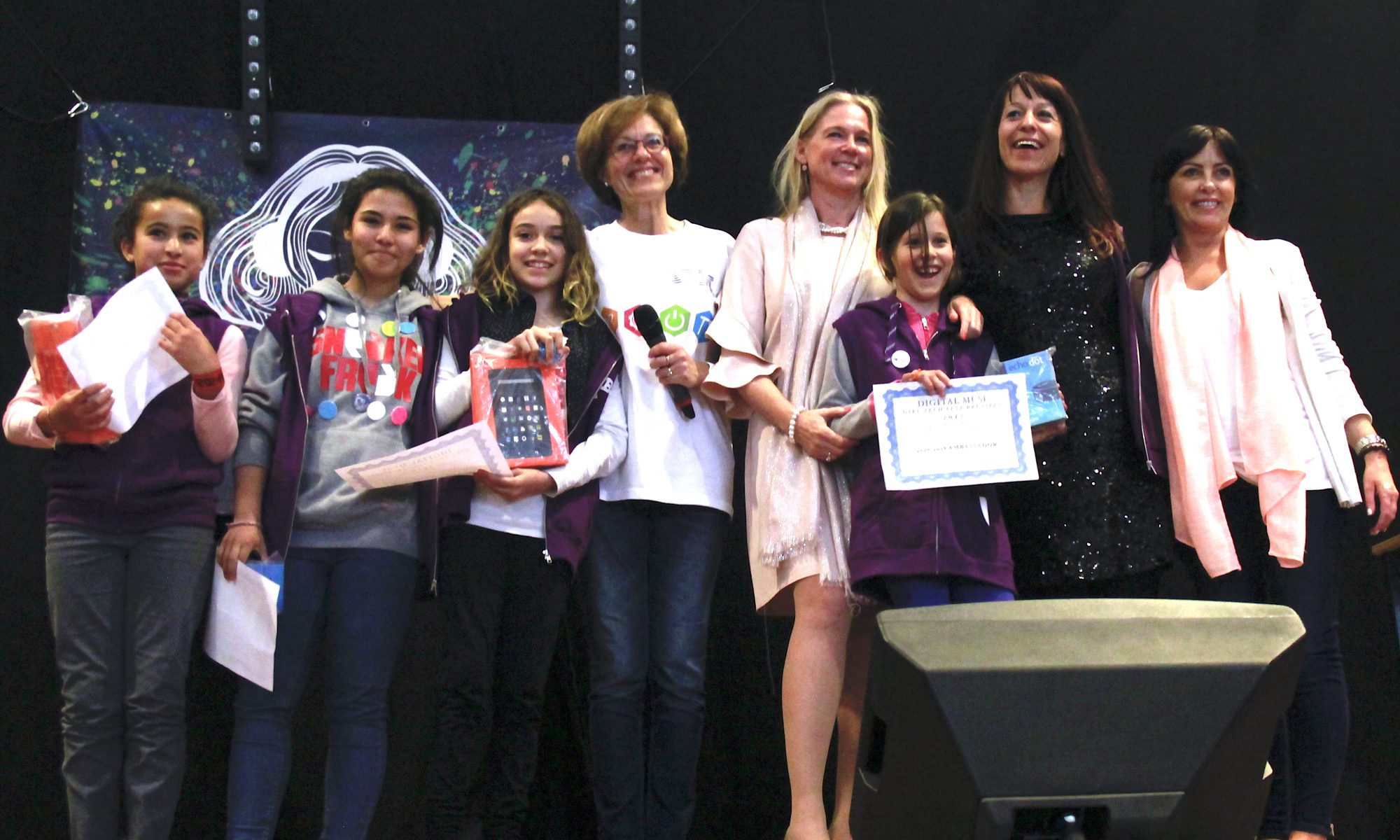
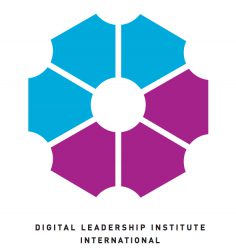
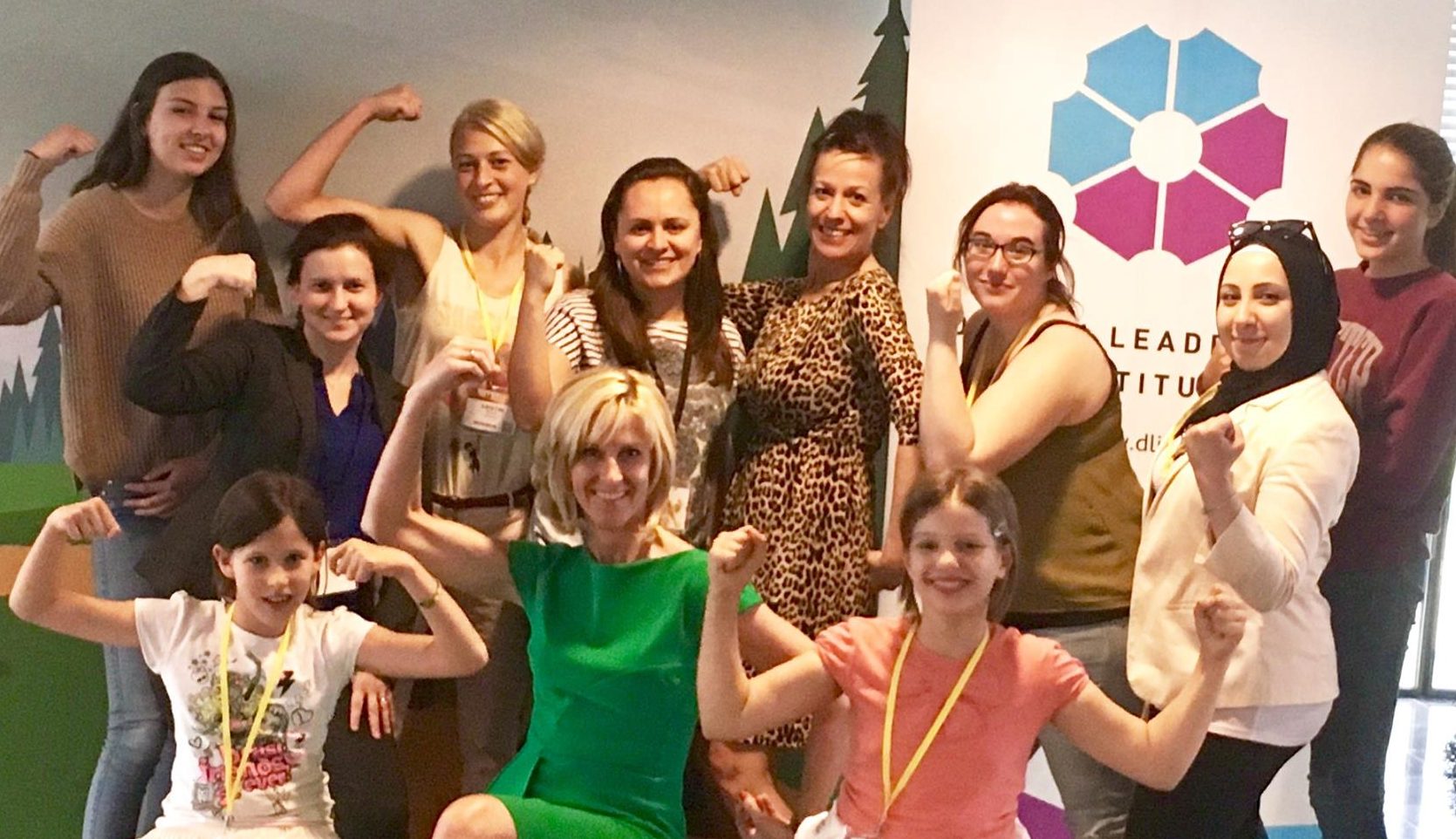
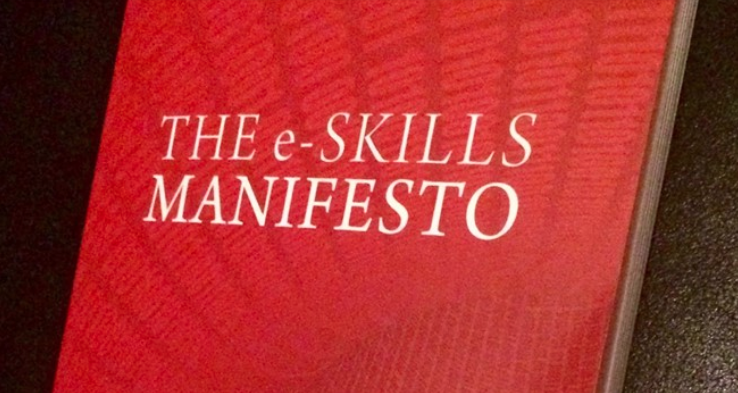
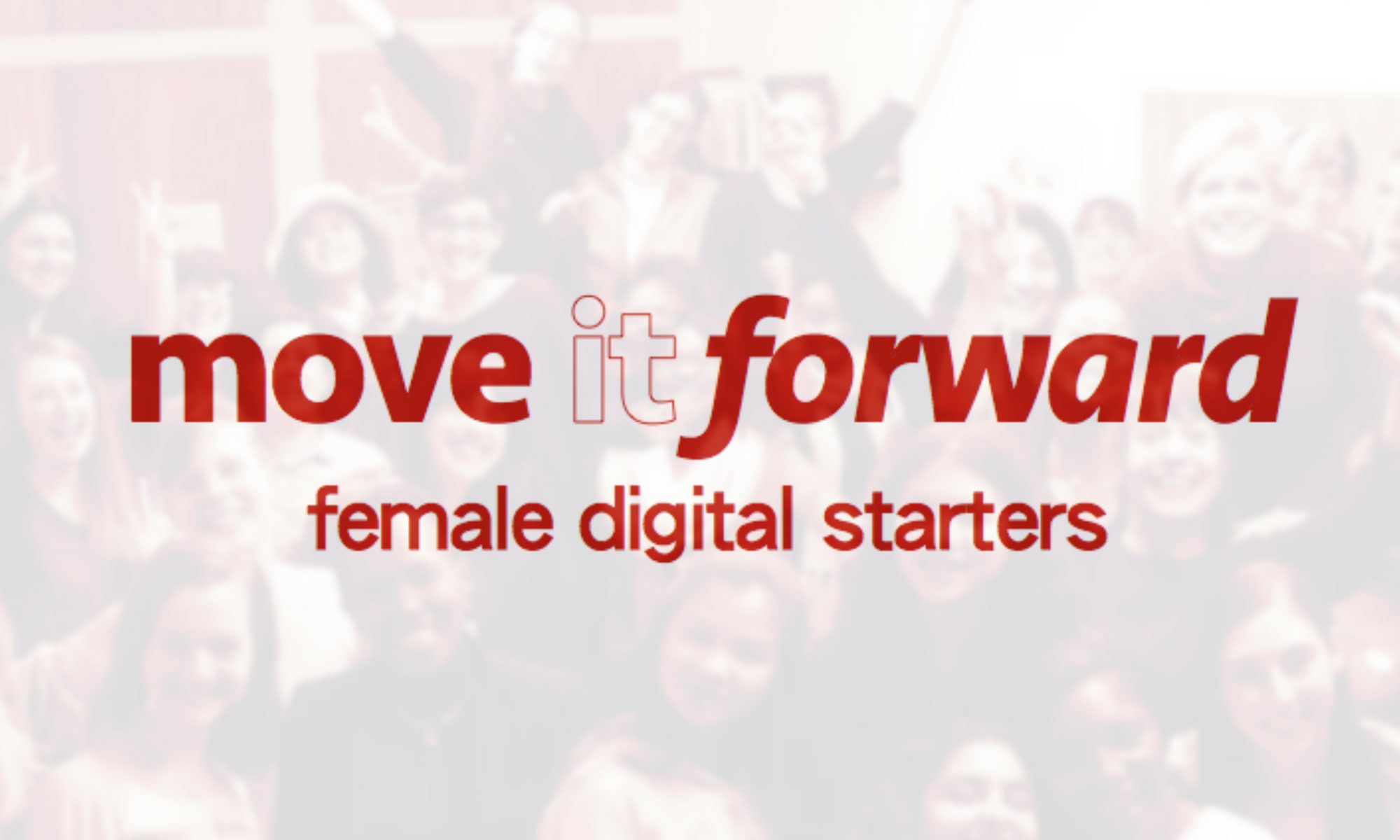


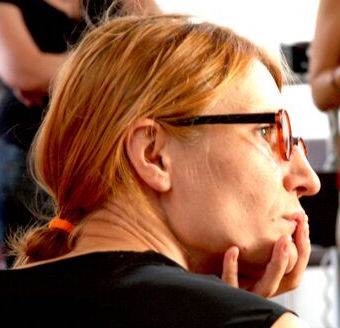 Anna Zobnina:
Anna Zobnina: 